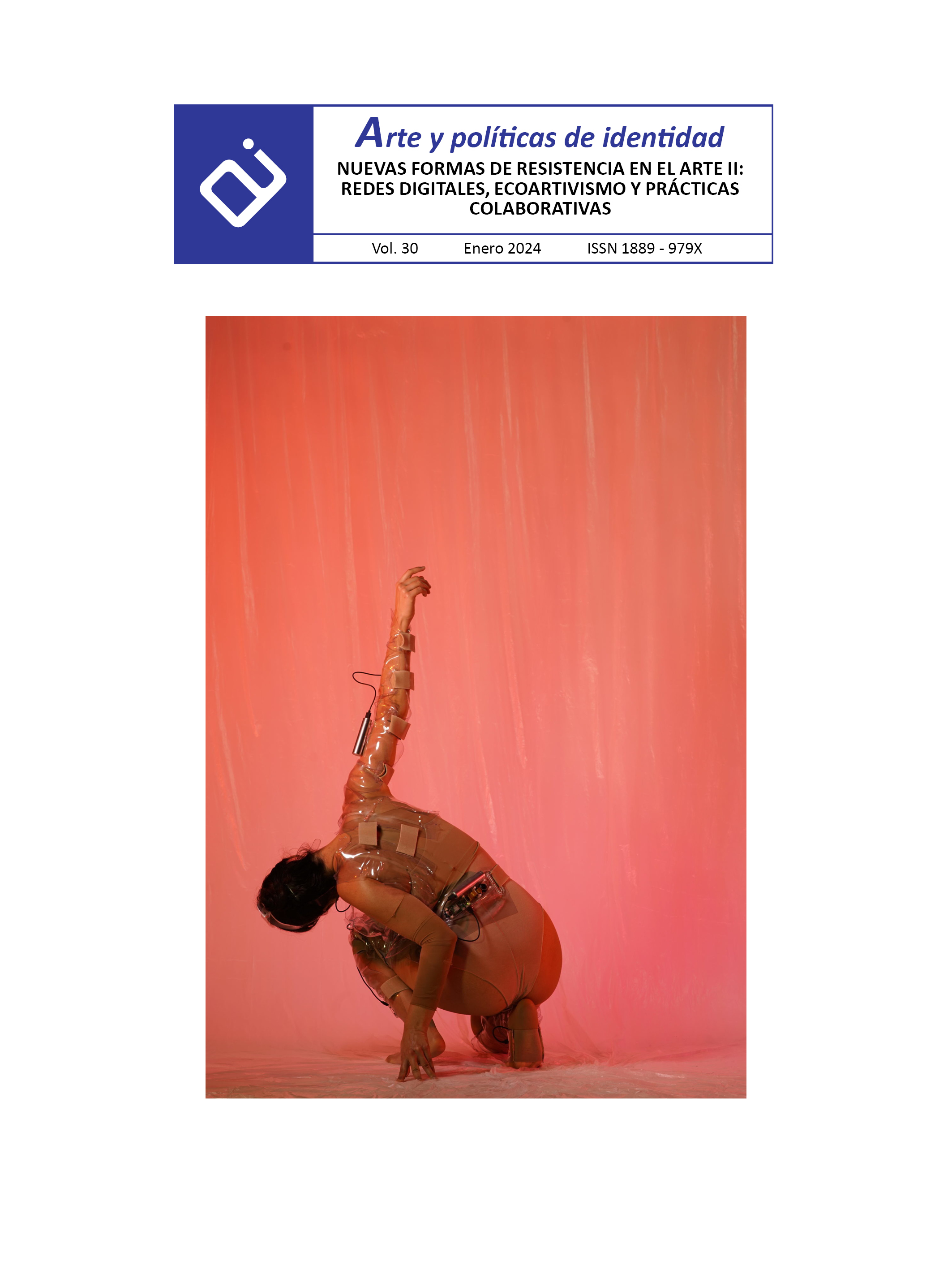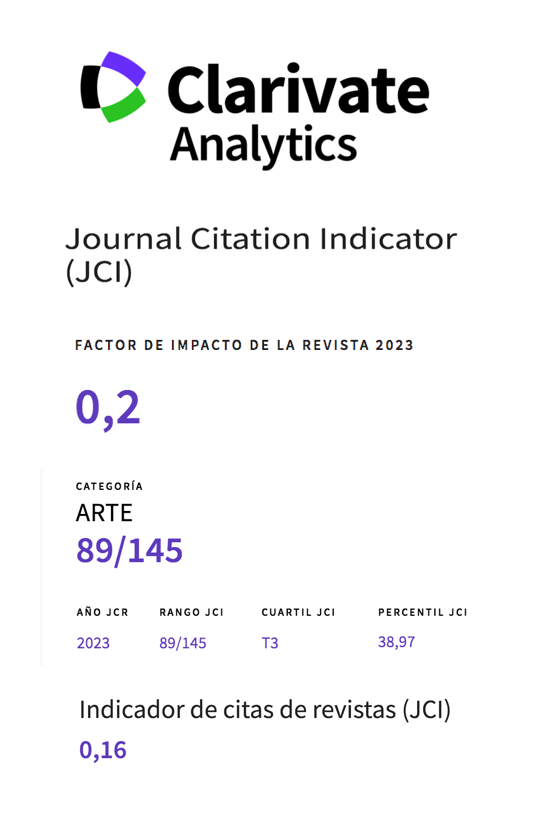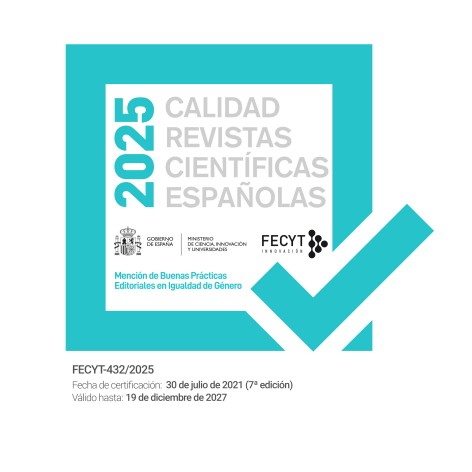Language as resistance and emancipation: CEDUCA DH
Abstract
In the past two decades, Brazil has experienced an intense process of emigration and immigration driven by various reasons. Among the demands arising from this migratory process, there is concern regarding the guarantees of rights and duties established in the Universal Declaration of Human Rights for these migrants. Considering language as an essential element to mediation between individual and culture, proficiency is a key factor for the social insertion of immigrant subjects in the place where they live, because it is from communication that individual identities are exposed and rights and duties are claimed and fulfilled. In this perspective, this study considers experiences carried out in a university community education project for refugees and immigrants to discuss the importance of Portuguese and art as allies in the promotion of reception, expression, and resistance of the subjects, also contributing to a more equitable and fair society. The experiences reveal that the teaching-learning environment contributed to the development of emancipation and, therefore, the resistance of the participants, in addition to having helped in the search for self-expression in the new language.
Downloads
-
Abstract240
-
pdf (Español (España))250
References
Bakhtin, M. (1999). Marxismo e filosofia da linguagem: problemas fundamentais do método sociológico na ciência da linguagem (M. Lahud e Y. F. Vieira, Trad.). HUCITEC.
Barbosa, A. M. T. B., & Da Cunha, F. P. (2010). A abordagem triangular no ensino das artes e culturas visuais. Cortez Editora.
Behar, P. A. (6 de julho de 2020). O Ensino Remoto Emergencial e a Educação a Distância. UFRGS. https://www.ufrgs.br/coronavirus/base/artigo-o-ensino-remoto-emergencial-e-a-educacao-a-distancia/
Chauí, M. D. S. (2006). Convite à filosofia (13ª ed.). Ática.
Da Ros, P. & Volmer, L. (2021). Língua e identidade: o direito de ser. Inovamundi.
Freire, P. (1980). Conscientização: teoria e prática da libertação – uma introdução ao pensamento de Paulo Freire (3ª ed.). Cortez & Moraes.
Freire, P. (1987). Pedagogia do Oprimido (17ª ed.). Paz e Terra.
Freire, P. (1994 [2013]). Cartas a Cristina - Reflexões Sobre Minha Vida e Minha Práxis. Organizações e notas de Ana Maria Araújo Freire. Paz e Terra.
Freire, P. (2015). Pedagogia da autonomia: saberes necessários à prática educativa (51ª ed.). Paz e Terra.
Laraia, R. de B. (2007). Cultura: um conceito antropológico (21ª ed). Zahar.
Larrosa, J. (2011). Experiência e alteridade em educação. Revista reflexão e ação, Santa Cruz do Sul, 19(2), 4-27.
Macedo, V., Rueda, L. M. R., & Sant’Anna, D. B. (2022). “Um Satélite na Cabeça”: possibilidades de linguagens audiovisuais à distância em contexto de pandemia. Revista Digital Do LAV, 15, e7/01–20. https://doi.org/10.5902/1983734866255
Pardal, L. et al. (2007). Língua e Integração: representações sociais de imigrantes. Cadernos do LEIP, Colecção Temas, nº 1, Universidade de Aveiro.
Pereira, G. F. (2017). O português como língua de acolhimento e interação: a busca pela autonomia por pessoas em situação de refúgio no Brasil. Cadernos de Pós-Graduação em Letras, 17(1), 118-134. 10.5935/cadernosletras.v17n1p118-134
São Bernardo, M. A. D. (2016). Português como língua de acolhimento: um estudo com imigrantes e pessoas em situação de refúgio no Brasil. Universidade Federal de São Carlos.
Simpson, J. (ed.). (2017). Oxford English Dictionary (3ª ed.). Oxford University Press.
Woodward, K. (2000). Identidade e diferença: uma introdução teórica e conceitual. Identidade e diferença: a perspectiva dos estudos culturais, 15, 7-72.
Copyright (c) 2024 Servicio de Publicaciones de la Universidad de Murcia

This work is licensed under a Creative Commons Attribution-NonCommercial-NoDerivatives 4.0 International License.
Works published in this journal are subject to the following terms:
- The Service of Publications from the University of Murcia (publishing house) keeps the published works’ copyrights, and favors and allows the reuse of these works under the license indicated in point 2.
- Works are published in the journal’s online edition under the license Creative Commons Reconocimiento-NoComercial-SinObraDerivada 3.0 España(texto legal). They can be copied, used, disseminated, transmitted and publicly exhibited, as long as: i) the author and original source of publication are cited (journal, publishing house and work’s URL); ii) they are not used for commercial purposes; iii) the existence and specifications of this license are mentioned.
3. Conditions for auto-file. It is allowed and encouraged that authors share electronically their pre-print version (the pre-reviewed version) and /or post-print version (the reviewed and accepted version) of their Works before the publication, since it promotes its circulation and dissemination. RoMEO color: green.










